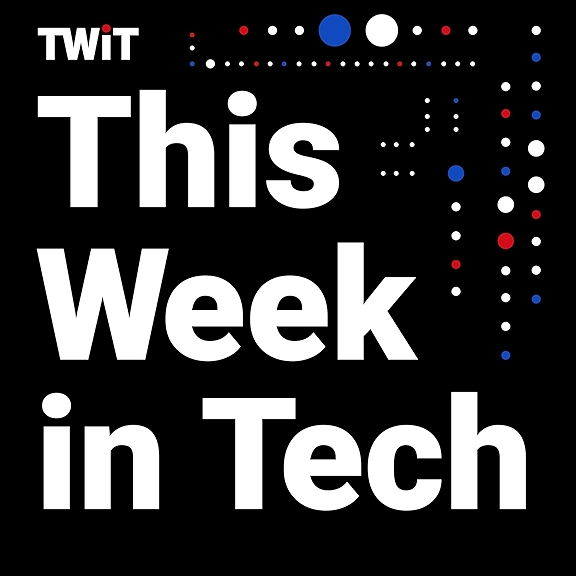
Douglas Rushkoff has spent the last thirty years studying how digital technologies have shaped our world. The renowned media theorist is the author of twenty books, the host of the Team Human podcast, and a professor of Media Theory and Digital Economics at City University of New York. But when I sat down with him, he didn’t seem all that excited to be talking about AI. Instead, he suggested – I think only half jokingly – that he’d rather be talking about the new reboot of Dexter.
Rushkoff’s lack of enthusiasm around AI may stem from the fact that he doesn’t see it as the ground shifting technology that some do. Rather, he sees generative artificial intelligence as just the latest in a long line of communication technologies – more akin to radio or television than fire or electricity.
But while he may not believe that artificial intelligence is going to bring about some kind of techno-utopia, he does think its impact will be significant. So eventually we did talk about AI. And we ended up having an incredibly lively conversation about whether computers can create real art, how the “California ideology” has shaped artificial intelligence, and why it’s not too late to ensure that technology is enabling human flourishing – not eroding it.
Mentioned:
“Cyberia” by Douglas Rushkoff
“The Original WIRED Manifesto” by Louis Rossetto
“The Long Boom: A History of the Future, 1980–2020″ by Peter Schwartz and Peter Leyden
“Survival of the Richest: Escape Fantasies of the Tech Billionaires” by Douglas Rushkoff
“Artificial Creativity: How AI teaches us to distinguish between humans, art, and industry” by Douglas Rushkoff” by Douglas Rushkoff
“Empirical Science Began as a Domination Fantasy” by Douglas Rushkoff
“A Declaration of the Independence of Cyberspace” by John Perry Barlow
“The Californian Ideology” by Richard Barbrook and Andy Cameron
“Can AI Bring Humanity Back to Health Care?,” Machines Like Us Episode 5
Further Reading:
“The Medium is the Massage: An Inventory of Effects” by Marshall McLuhan
“Technopoly: The Surrender of Culture to Technology” by Neil Postman
“Amusing Ourselves to Death” by Neil Postman




















